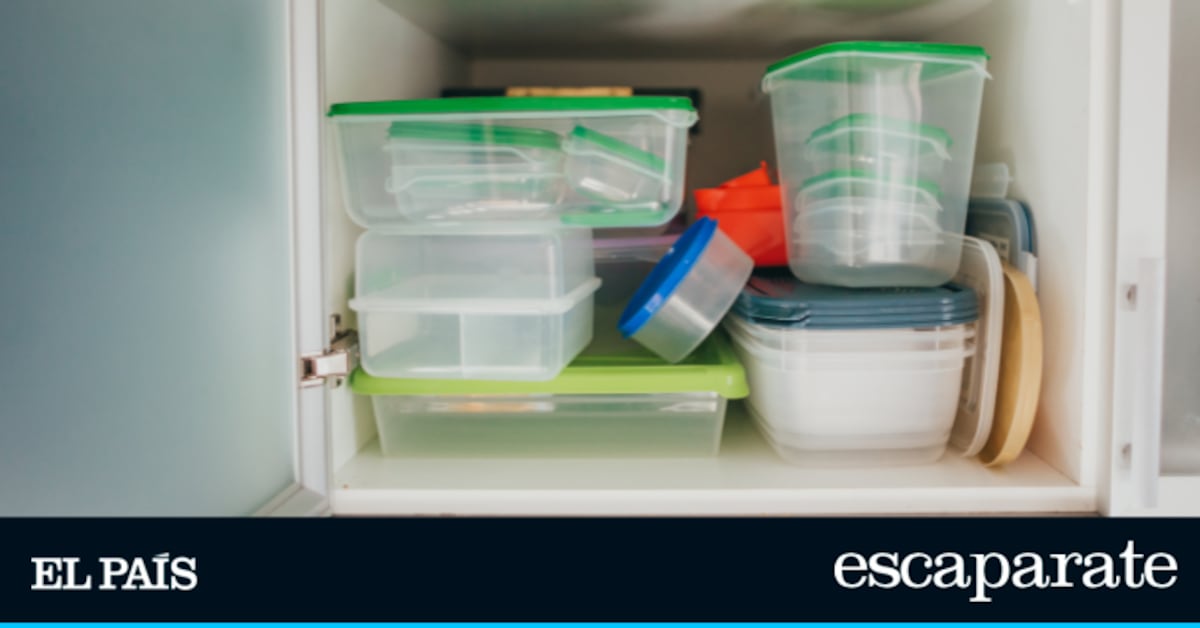Are Your Tupperware Containers Harming You? Experts Reveal Hidden Risks & a Safer Storage Solution

The Tupperware Dilemma: Are Your Favorite Containers a Health Risk?
For decades, Tupperware and similar plastic containers have been a kitchen staple. Their durability, convenience, and ability to seal food tightly have made them beloved by households worldwide. However, recent expert warnings are causing a shift in perspective. Are these ubiquitous containers actually posing a hidden risk to our health and the environment?
The Problem with Plastic: BPA, Phthalates, and More
The primary concern revolves around the chemicals used in the production of many plastic containers. Bisphenol A (BPA) and phthalates, commonly found in plastics, are endocrine disruptors. This means they can interfere with our hormones, potentially leading to a range of health problems, including reproductive issues, developmental problems, and an increased risk of certain cancers. While many manufacturers have moved away from using BPA, phthalates remain a concern, and the long-term effects of exposure to these chemicals are still being studied.
Why Heat Matters: Leaching and Migration
The risk of chemical leaching increases significantly when plastic containers are exposed to heat. Microwaving food in plastic, washing them in hot water, or even leaving them in a hot car can cause these chemicals to migrate into your food. This is particularly concerning for fatty foods, as chemicals are more likely to bind to fat. While Tupperware is often touted for its durability, it doesn't eliminate this risk entirely.
Beyond Health: Environmental Impact
The environmental impact of plastic containers is another growing concern. Millions of Tupperware containers end up in landfills each year, where they can take hundreds of years to decompose, contributing to plastic pollution and harming wildlife. Even recycling plastic isn't a perfect solution, as it often degrades the quality of the plastic, limiting its reuse.
The Safer Alternative: Glass Containers
Experts are increasingly recommending glass containers as a safer and more sustainable alternative to plastic. Here's why:
- No Chemical Leaching: Glass is non-porous and doesn't leach chemicals into food, regardless of temperature.
- Safe for Microwaving and Dishwashing: You can confidently microwave and wash glass containers without worrying about chemical contamination.
- Sustainable Choice: Glass is infinitely recyclable and doesn't contribute to plastic pollution.
- Doesn't Absorb Odors or Stains: Glass is easy to clean and won't retain lingering food smells or stains.
Making the Switch: A Practical Recommendation
Transitioning to glass containers doesn’t have to be overwhelming. Consider starting with a set of three versatile sizes to replace your most frequently used plastic containers. Look for containers with airtight lids to maintain freshness and prevent spills. Investing in glass containers is an investment in your health and the planet's well-being.
Conclusion: A Simple Change for a Healthier Future
While Tupperware has served us well for years, the growing evidence of potential health and environmental risks warrants a change. Switching to glass containers is a simple yet powerful step you can take to protect yourself, your family, and the environment. Make the switch today and enjoy peace of mind knowing your food is stored safely and sustainably.




:format(jpg):quality(99):watermark(f.elconfidencial.com/file/0f2/6d9/13e/0f26d913e1b27ca111e62b656aa354da.png,0,275,1)/f.elconfidencial.com/original/8f7/893/3ea/8f78933eab6f0ad32b2204825baf0f2b.jpg)